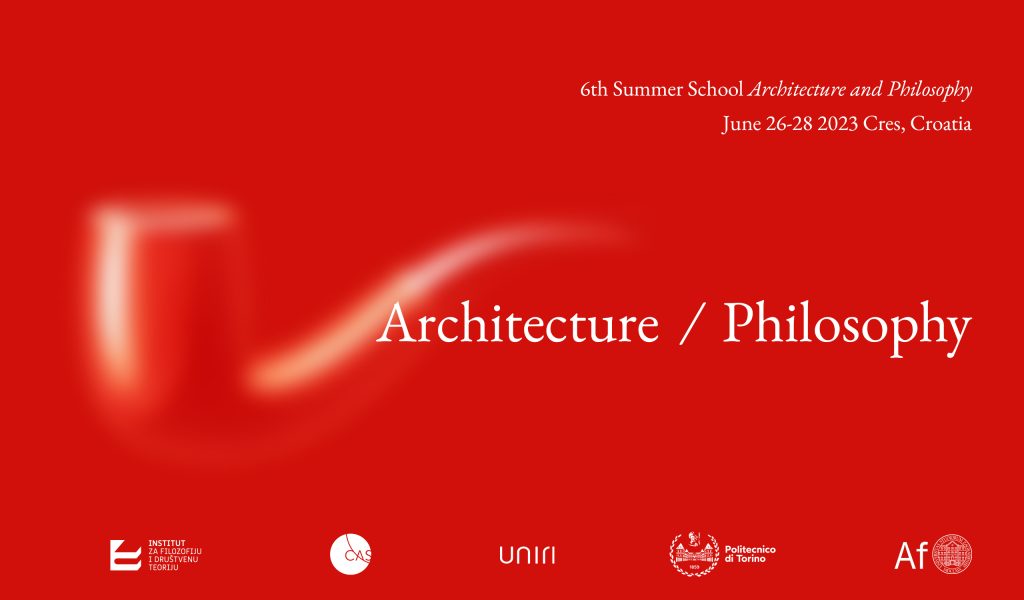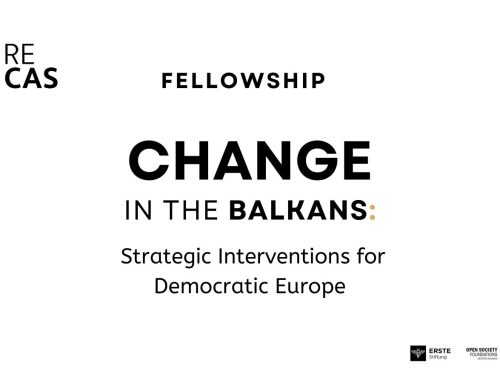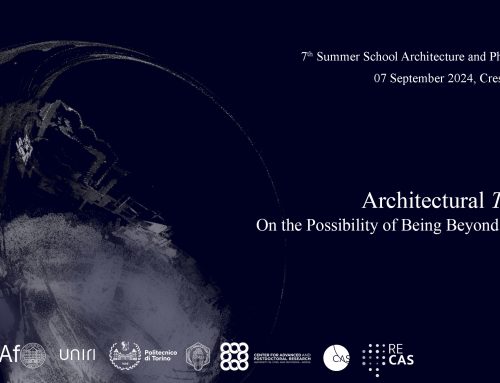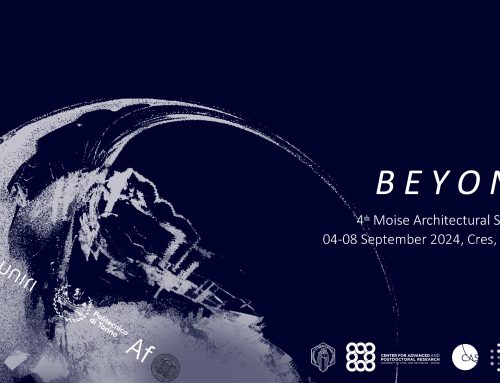summary
venue
Moise Palace, Cres, Croatia
dates
Monday, June 26 – Wednesday, June 28 2023
summer school topic
Architecture / Philosophy
topic editors
Petar Bojanić, Snežana Vesnić
organizers
Institute for Philosophy and Social Theory (University of Belgrade), Center for Advanced Studies – South East Europe (University of Rijeka), Politecnico di Torino, Faculty of Architecture (University of Zagreb)
co-directors
Petar Bojanić (Institute for Philosophy and Social Theory, University of Belgrade; Center for Advanced Studies Southeast Europe, University of Rijeka); Snežana Vesnić (Faculty of Architecture, University of Belgrade); Alessandro Armando (Politecnico di Torino)
scientific board
Alessandro Armando, Politecnico di Torino; Petar Bojanić, University of Belgrade / University of Rijeka; Jörg Gleiter, Technische Universität Berlin; Pavlos Lefas, University of Patras; Ognen Marina, Cyril and Methodius University, Skopje; Snježana Prijić Samaržija, University of Rijeka; Snežana Vesnić, University of Belgrade
Architecture / Philosophy
The sixth Summer School Architecture and Philosophy aims to discuss the project of establishing relations between the two disciplines or two fields of knowledge or genres by questioning their irreducible differences.
Our primary task is to attempt to explain the third, the one in between, the one connecting or disconnecting these two, marked by “/” (slash, as the Americans say, stroke, as they say in Britain).
What then is “/”, the slash, stroke? In English (and not only English) this sign hides a ferocious strike and violent separation and interruption. At the same time, this punctuation sign announces a choice between for example “architecture” and “philosophy;” but then, paradoxically, it stands more as conjunction than disjunction. The sign “/” (slash) operates as a joker card that hides various relations, directions, suggestions: architecture – towards, versus, and, or, for, etc. – philosophy.
The Summer School is an opportunity for collective reflection on the origin of architecture and philosophy. We will discuss the production of concepts and notions that architecture / philosophy have in common, and consider the issue of whether there is a projective mind in architecture / philosophy.
To say “architecture / philosophy,” with architecture in the first place, could mean prioritizing its non-textual aspect. It could imply an insistence on the ways architecture resists a theoretical system of references, while at the same time accepting them.

Regarding these questions concerning the possibility of correspondence between architecture and philosophy, suggested topics for the 2023 Summer School include, but are not limited to:
– Philosophical reading of architecture and vice versa
– The theory-practice dialectics in architectural creation
– Objectivity of philosophical concepts
– Discursive ordering of architectural concepts/forms/objects
– Intensive qualities of forms/concepts in architecture and philosophy
– Ontology of architectural objects
– Relevance of the text–object distinction for architectural practice
– Theory/philosophy of architectural vocabulary
– Aesthetics and technicity of architectural objects
– Interdisciplinarity in contemporary architecture
The Summer School is open to graduate students at all stages of their studies. Students are asked to present on previously approved topics and actively participate in the discussions.
ECTS points are available for MA and PhD students. The requirements for ECTS credits are (i) participation in at least 80% of all lectures, (ii) presentation of a prepared original paper on the topic of the course or discussion papers on presentations provided by lecturers. The organizers will prepare an official certificate, which will include a detailed overview of the students’ obligations (sufficient for 3 ECTS). Whether the given ECTS are recognized as part of the student’s academic program or extracurricular activity in diploma supplements depends solely on the student’s home institution.





